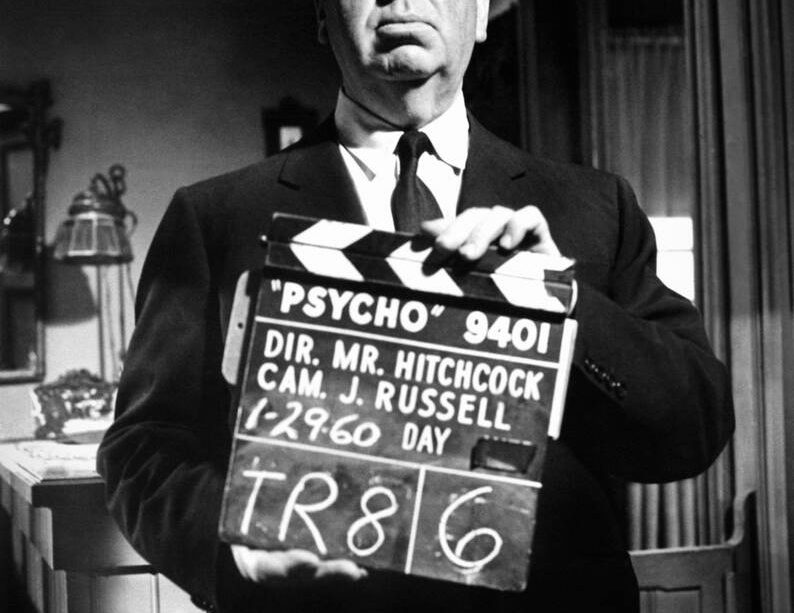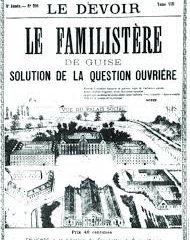The Profound Influence of Alfred Hitchcock’s Psycho

Introduction
Alfred Hitchcock’s Psycho, released in 1960, is widely considered one of the most influential films in the horror genre. Its groundbreaking approach to narrative structure, character development, and cinematic techniques not only transformed the landscape of horror films but also left an indelible mark on popular culture. As we explore this classic, we recognize its relevance today in the context of modern filmmaking and storytelling.
The Story and Its Themes
Psycho follows the story of Marion Crane, portrayed by Janet Leigh, who steals a large sum of money and ends up at the infamous Bates Motel, run by the mysterious Norman Bates, played by Anthony Perkins. The film delves into themes of identity, morality, and psychological disturbance, compelling audiences to confront their innermost fears. The shocking twist—Marion’s murder early in the film—challenges traditional storytelling and narrative expectations.
Innovative Techniques
Hitchcock’s masterful use of suspense, score, and innovative editing techniques played a critical role in shaping the tension throughout Psycho. The infamous shower scene, with its rapid cuts and piercing musical score by Bernard Herrmann, is often cited as one of the most brilliantly executed scenes in film history. The film’s use of black-and-white cinematography further heightened its eerie atmosphere, making the horror feel raw and authentic.
Cultural Impact and Legacy
The impact of Psycho extends beyond its immediate success at the box office. The film redefined the horror genre, birthing a sub-genre of psychological thrillers that continue to influence filmmakers today. Iconic directors like Martin Scorsese, Brian De Palma, and more recently, filmmakers such as Ari Aster and Jordan Peele, have drawn inspiration from Hitchcock’s work. Furthermore, Psycho has sparked numerous studies in film theory, particularly regarding its narrative techniques and psychological implications.
Conclusion
As we reflect on the legacy of Alfred Hitchcock’s Psycho, it remains a cornerstone of cinematic history and a major influence on contemporary filmmaking. Its themes of identity and psychological horror resonate with modern audiences, proving that Hitchcock’s vision is timeless. For readers and film enthusiasts, Psycho is not just a horror film but a vital piece of art that challenges conventions and invites viewers to explore the depths of their psyche. As the narrative in film evolves, Hitchcock’s work continues to remind us of the power of storytelling and the psychological complexities within us all.









